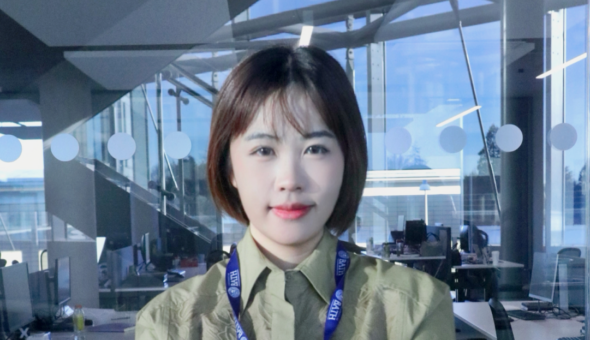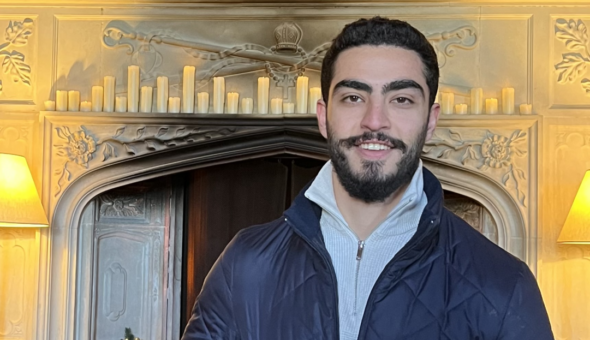Dr Stefanie Gustafsson completed her PhD in Organisation Studies at the School of Management in 2014 and recently took on the role of Director of Studies for the School’s MRes and PhD programmes. Here, she explains her research themes, views on the future of work and advice for students. This article was originally published by Bath Life.
I’ve always loved the university environment, interacting with students, exchanging ideas, doing research and having insightful conversations. Looking back, deciding to do a PhD was also a decision to have a career in academia.
After graduating, I got a prize fellowship at the University, which transitioned into lecturing and now a senior lectureship role. I’ve worked at the University of Bath for nine years and have been here for 13 in total. When the opportunity to become co-director of the Future of Work research centre (FOW) came up, I jumped at it. The FOW provides a platform for academics and practitioners who are researching the future of work, including AI, diversity, work-life balance and more.
My research focuses on professions in the context of change. I’m currently interested in the career experiences of paraprofessionals, including paralegals in law firms.
I have so many fond memories of studying at Bath. The PhD cohort got along very well and a lot of us are still friends today.
The pandemic was such a catalyst in shaping how we now work, but the future of work has always been a topic of conversation. Now, there is a huge debate around technology and digitalisation and the impact of both on our way of working. We’re still at the beginning of understanding it and there’s a lot of research still arising. It’s already shaping the university by changing how our students and academics work.
I often get asked what I think the future of work looks like. Of course, I can’t predict the future, but I hope it’s more equal. I’d like a workplace where people contribute positively to the environment and find ways to work with technology that enhances human output.
We need to start engaging with businesses, society and students to help develop future thinking as a skill, to build a platform that creates action.
To me, ambition is about contributing to society in the best way that I can, with the knowledge, skills and tools that I have. This means doing research that is world-leading and also adds value and meaning to people outside academia.
My advice to students is not to be afraid to try out different things. Your first job is not going to be your last job. If you don’t get the perfect first career opportunity, it’s unlikely to be the thing you will do forever.
Responses




Totally agree - we need to link our natural resources through Cloud and AI to the business opportunities - we need a big pie with everyone in it - so we get the use cases right